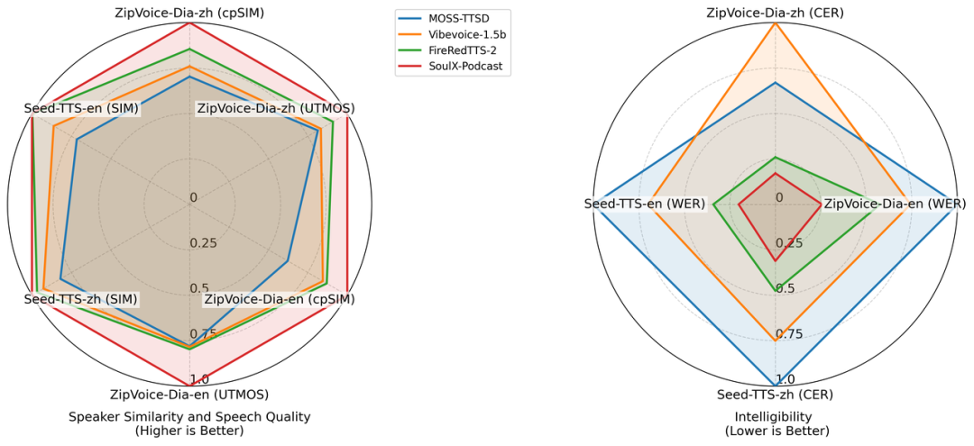Google, Meta and Microsoft spent almost $80bn over the last quarter on artificial intelligence infrastructure, but investors had markedly different reactions to their plans to increase this historic spending spree.
Alphabet shares rose almost 7 per cent in after-hours trading on Wednesday as the Google parent boosted its capital expenditure plans for 2025 by $8bn to $93bn, and delivered a record $100bn in quarterly revenue.
By contrast, Meta plunged almost 9 per cent — potentially wiping $160bn from its valuation when markets open on Thursday — as Mark Zuckerberg’s company signalled much higher AI spending, which could top $100bn next year.
The varied reaction to their earnings and spending plans “underscores how sensitive investors are to how quickly the AI build-out can deliver revenue”, said Dec Mullarkey, managing director of $300bn asset manager SLC Management.
“Investors are worried that the rush to grab market leadership may cause an overshoot,” he added. “No one needs reminding that history is full of episodes of technology exuberance that eventually left the early investors battered.”
Microsoft — which became the third company to surpass a $4tn valuation this week after finalising its restructuring pact with OpenAI — also suffered a share price drop.
Its stock fell 4 per cent, despite beating profit estimates and posting a 39 per cent jump in revenue at its key Azure cloud computing unit.
It reported capital expenditure was $35bn in the quarter, a 74 per cent increase year-on-year and $5bn more than expected. Executives forecast spending of almost $140bn next year.
Chief executive Satya Nadella told analysts that the software group was building “planet scale” cloud infrastructure and plans to double Microsoft’s data centre footprint over the next two years.
Google and Microsoft, which both sell cloud computing to other businesses, had an easier time showing investors that elevated spending on chips, data centres and electricity will lead to income.
After a slow start in the AI race, chief executive Sundar Pichai said that the Gemini App, its main consumer AI product, now has 650mn monthly users, up from 450mn in July, and closing in on ChatGPT’s 800mn.
Pichai added that growth in its cloud unit “was driven by enterprise AI products, which are generating billions in quarterly revenues” and that it had an order backlog for computing services worth $155bn.
The 15 per cent boost to core search advertising revenue also helped address concerns that ChatGPT is taking market share and AI is cannibalising traditional search.
“We believe this performance demonstrates successful AI integration across ad-based platforms,” said Angelo Zino, an analyst at CFRA Research. “Google’s ability to maintain margins while scaling AI infrastructure demonstrates effective use of spending.”
Zuckerberg, meanwhile, had to defended huge spending on infrastructure for Meta’s own use, as the tech group vies to be the first to build artificial superintelligence.
He said it was “the right strategy to aggressively frontload building capacity”. He added that any excess data centre space could be repurposed to serve Meta’s core advertising functions, which he said were “compute starved”.
A 26 per cent increase in quarterly revenue to $51.2bn failed to mollify the market, as investors fretted that Meta’s huge outlay on chips and staff has yet to produce a large language model as capable as rivals.
The social media company said capex could hit $72bn by year-end and that spending growth would be “notably larger” in 2026, implying a number far in excess of an earlier forecast for $105bn.

Zuckerberg has also been luring engineers to his elite “TBD” lab with pay packages in the hundreds of millions of dollars, which Meta warned would be a big contributor to expenses as full-year costs appear in its results.
Investors were disappointed by a rise in research and development costs, which accounted for 30 per cent of revenue, the highest level in more than two years. Its operating margin narrowed 3 percentage points to 40 per cent.
“Expenses are growing faster than revenue,” said Gene Munster at Deepwater Asset Management. “Next year it’s going to be more like 18 per cent revenue growth and 35 per cent expense growth.”
Meta disclosed a $15bn one-off charge related to changes in President Donald Trump’s tax bill that depressed net income 83 per cent to $2.7bn.
Meta has indicated that its AI efforts are unlikely to generate meaningful revenue this year or in 2026. Zuckerberg on Wednesday promised that his new superintelligence team were focused on “novel” work that could be rapidly rolled out to 3.5bn users on Facebook, WhatsApp and Instagram, and could make money via advertising, commerce or subscriptions.
Investors worry Zuckerberg’s quest to dominate advanced AI is disconnected for Meta’s underlying business despite his insisting that it can improve advertising ranking and recommendations.
Brian Wieser, an analyst at advisory firm Madison and Wall, said Google and Microsoft “are doing much more from a tech perspective. Meta’s actual business is selling ads.”
“There [are] so many more arrows in the quiver for Google and Microsoft,” he added.









